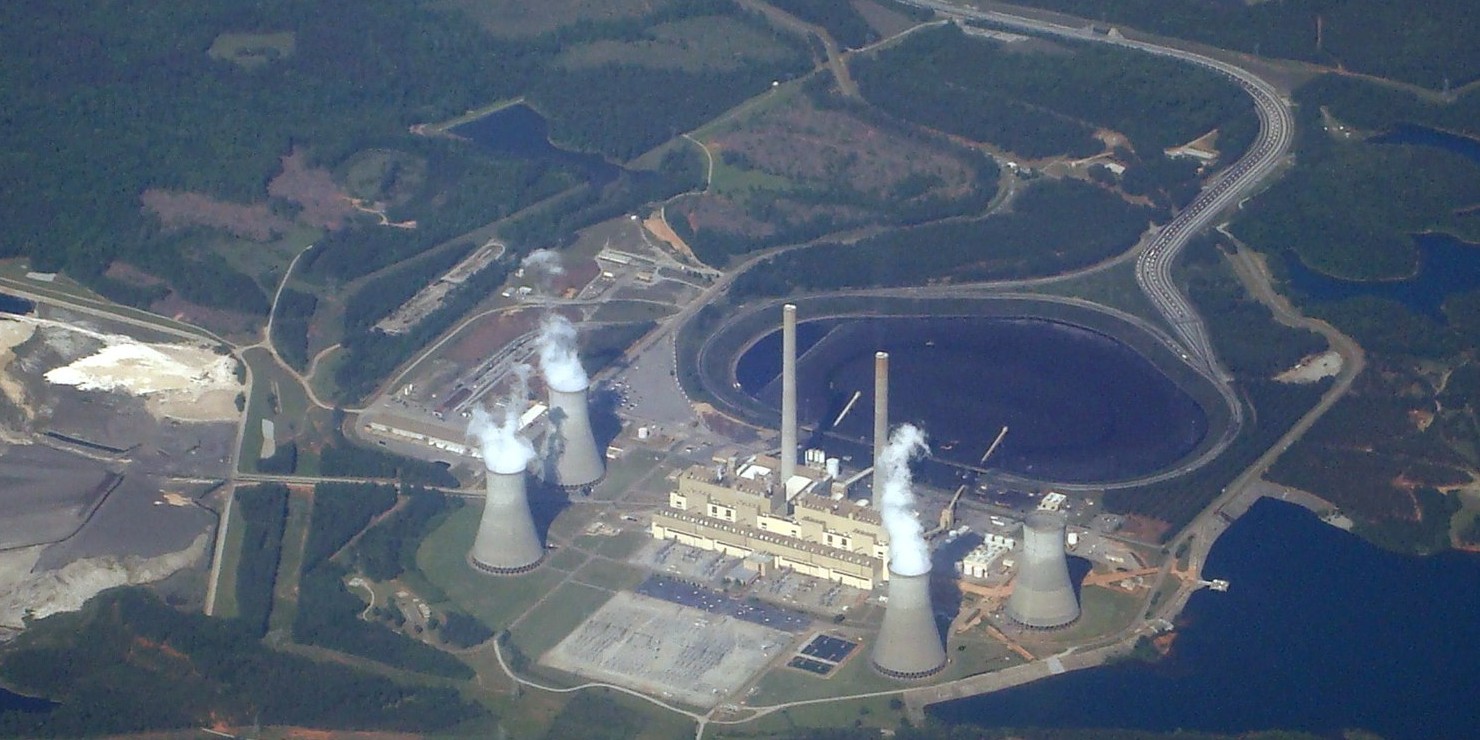
Finally! After much inter- and intra-party wrangling, the US House passed an infrastructure package that authorizes $550 billion of new investment over several years, including $7.5 billion for EV charging infrastructure and several other EV- and clean energy-related items.
The total price tag for the package comes to over $1.2 trillion when routine funding for highways is included, making it the largest public works bill since President Eisenhower created the Interstate Highway System.
The vote in the House was 228-206—13 Republicans supported the bill and 6 Democrats voted against it. The Senate passed the infrastructure plan in August with a bipartisan 69-30 vote. It’s safe to assume that President Joe Biden will quickly sign the bill into law.
In addition to the 7.5 big ones for public charging infrastructure, the bill includes: around $110 billion in new investment for roads and bridges; $65 billion for power grid upgrades; $66 billion for Amtrak and other rail; $39 billion for public transit; $5 billion for new school buses, half of which can be spent on diesel or CNG buses; $17 billion for port infrastructure; and $25 billion for airport repairs and measures to reduce congestion and emissions. The latter two items could include some funding for transport electrification (airport ground equipment, port drayage vehicles).
After passing the infrastructure bill, the House adopted a procedural rule establishing floor debate parameters for the Democrats’ next project: the $1.75-trillion Build Back Better Act, which includes several e-mobility-related measures. One of these is a reboot of the federal EV tax credit, including a controversial bonus for union-built EVs.
The battle over this next bill could stretch into December, but for now, Democrats are taking a hard-earned victory lap. “Generations from now, people will look back and know this is when America won the economic competition for the 21st century,” said President Biden.
Sources: Automotive News, NPR, The Hill, New York Times
Source: Electric Vehicles Magazine






